Facilities
In addition to extensive cell culture and related facilities, the following facilities are available to support in vitro model research across Queen Mary.
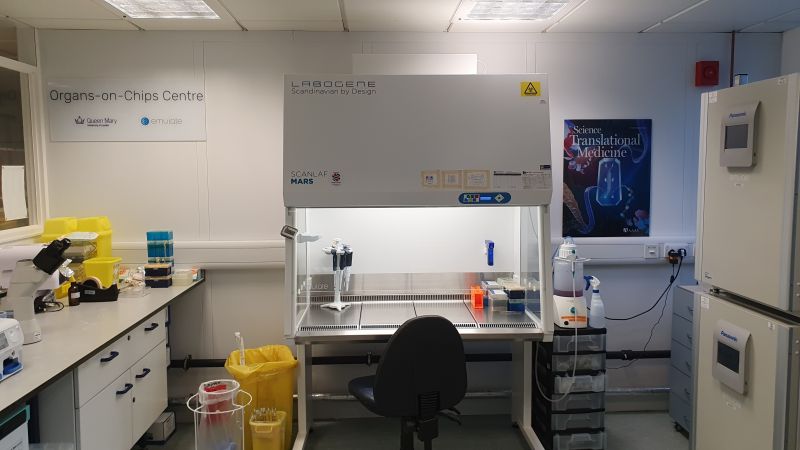 Queen Mary+Emulate Organs-on-Chips Centre
Queen Mary+Emulate Organs-on-Chips Centre
This centre provides open access to Emulate's state-of-the art human emulation systems capable of running multiple organ chips in parallel and with physiological biomechanical stimuli. Please visit the Organs-on-chips Centre web pages for full details of how to access these facilities available for all UK academics. cpm.qmul.ac.uk/emulate/
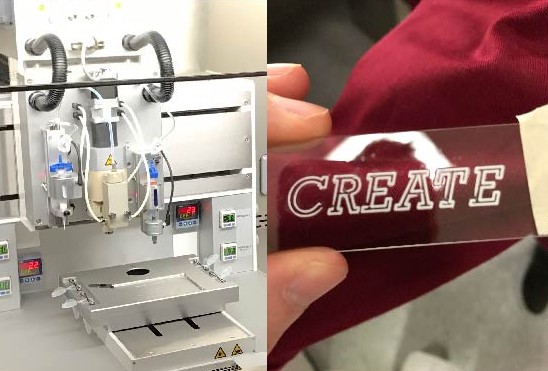 CREATE Lab
CREATE Lab
The CRoss-InstitutE Advanced Tissue Engineering (CREATE) Lab is a new core facility dedicated to biofabrication of advanced 3D tissues and microfluidic devices. It houses state-of-the-art equipment for 3D bio-printing, microfabrication, and device analysis. The aim of the CREATE Lab is to support the development of next-generation 3D tissues and disease models for use in biomedical research and regenerative medicine. Please contact Dr John Connelly for further information.
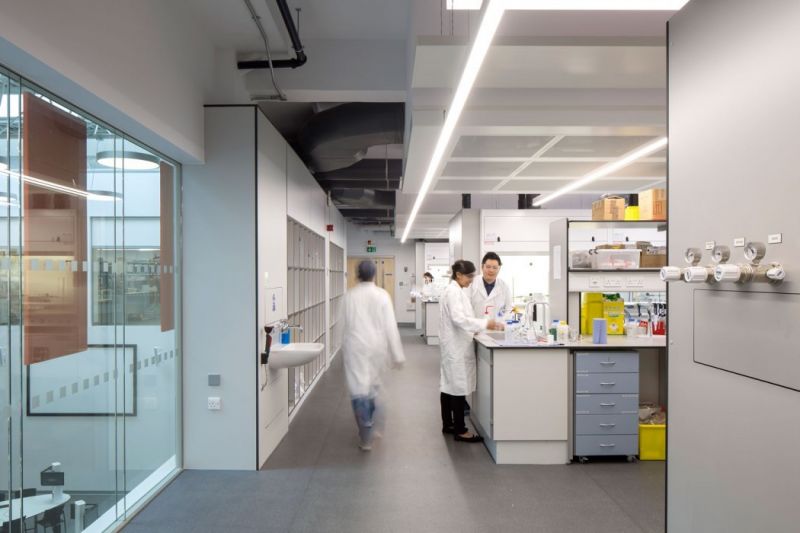 Mechanobiology Facilities
Mechanobiology Facilities
The School of Engineering and Materials Science in association with the Institute of Bioengineering has extensive mechanobiology facilities. These include a range of bioreactor systems for subjecting living cells to dynamic mechanical loading in the form of tensile strain (Flexcell, FX System), compressive strain (Bose) and fluid shear (Osciflow) and perfusion (Bose). In addition, our partnership with Emulate provides access to their human emulation system incorporating fluid/air flow and tensile strain. All these loading systems are mounted in cell culture incubators for long term loading studies whilst specialist rigs are also available for microscopy of cells subjected to mechanical loading.
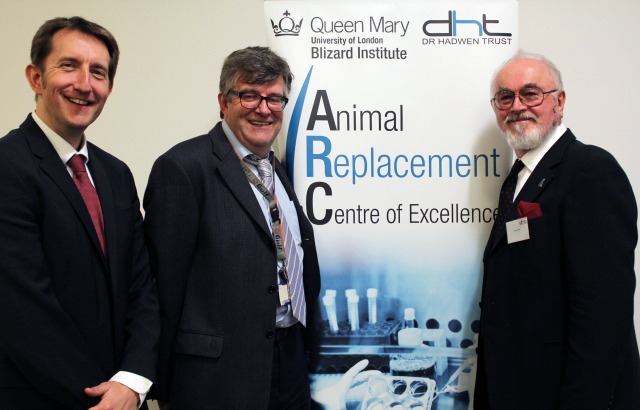 Animal Replacement Centre
Animal Replacement Centre
To take forward the the drive to replace animals in cancer research, we have teamed up with the Animal Replacement Centre (ARC) within the Blizard Institute, QMUL. The ARC is a centre of excellence that uses cutting edge scientific research to accelerate the development of accurate human cancer models and reduce the number of animals used in cancer research. Funded by Animal Free Research UK, and directed by Prof Mike Philpott and Dr Adrian Biddle, the ARC is improving the ability to predict the behaviour of human cancer using in vitro human models. Since launching, the ARC has attracted further funding from the National Centre for the 3Rs (NC3Rs) to develop a metastasis on a chip model, and Oracle Head & Neck Cancer UK to pursue the use of in vitro models for development of a clinically predictive disease signature for oral cancer.
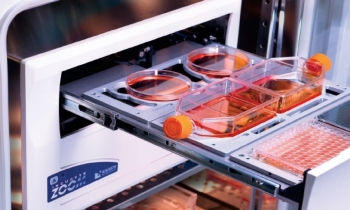 Advanced Molecular Imaging Service (AMIS)
Advanced Molecular Imaging Service (AMIS)
AMIS, established in 2016, has been supported with over £2.2m of strategic investment to draw together more than 81 pieces of state-of-the-art advanced molecular imaging equipment. This includes confocal, super resolution microscopy, high throughput screening, scanning and transmission microscopy and flow cytometry.
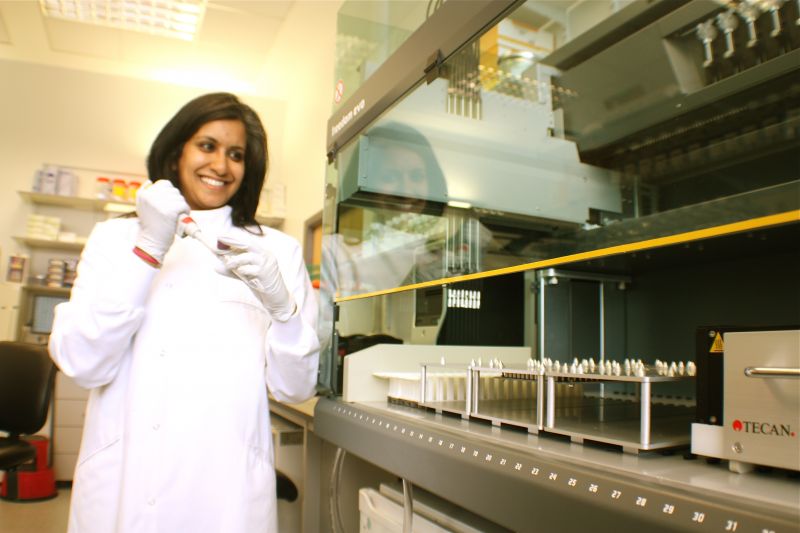 Genome Centre
Genome Centre
Bart's and the London Genome Centre is the genomics core facility at Queen Mary, University of London. We work with academic (both with and without QMUL affiliation) and corporate partners, on a not for profit basis, to achieve their genomics research aims. Our services are supported by some of the key genomics platforms - Next Generation Sequencing, Arrays and Robotics - but we are particularly active in four key areas; Single Cell genomics, RNA sequencing, DNA methylation profiling , Targeted DNA sequencing.


